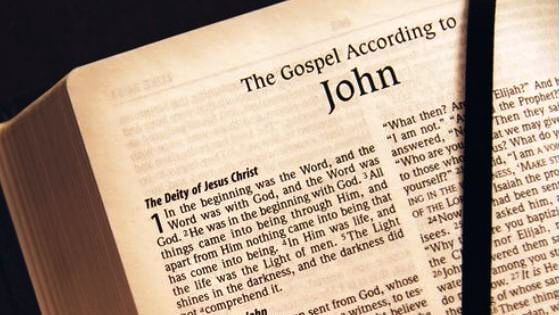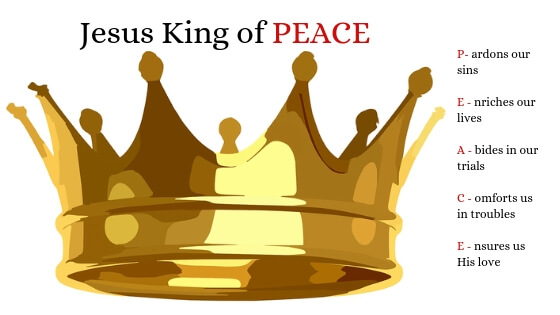The “I Will” Promises of God
We find so many “I will” promises of God in the Bible; promises to the nation of Israel and promises to the Church. These promises assure us that in the face of trials and difficulties, God has something wonderful in store for us. Even at times when we turn our backs on Him, God remains … Read more










